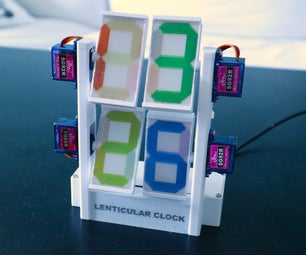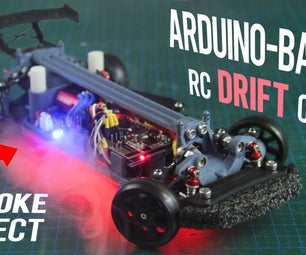Introduction: Interfacing Infineon DPS422 Sensor With Infineon XMC4700 and Sending Data to NodeMCU
In this tutorial we will learn how to use DPS422 for measuring temperature and barometric pressure with XMC4700.
DPS422
The DPS422 is a miniaturized digital barometric air pressure and temperature sensor with high accuracy and low current consumption. Pressure sensing is carried out using a capacitive sensor element, guaranteeing high accuracy over temperature.
Measurement results can be accessed over I2C or SPI protocol.
DPS422 barometric pressure sensor come with a ready to use Arduino library.
Please find the datasheet of DPS422 here.
UART(Universal Asynchronous Receive Transmit)
UART communication is used to send the data from XMC4700 to Node MCU. UART stands for Universal Asynchronous Receive Transmit is a computer hardware device for serial communication. UART is one of the most simple and most commonly used serial communication techniques. For more information refer to the link.
Step 1: Required Components
Step 2: Hardware Interfacing
Components Used
Step 3:
Stacked system
Step 4:
Interface between NodeMCU and My IoT Adaptor
Step 5: Software Requirements
Step 6: Installation Procedure
Please refer through the link for installation procedure.
Step 7: Code
Arduino code for XMC4700
Attachments
Step 8:
Arduino code for NodeMCU
Attachments
Step 9: Results
XMC4700
Step 10:
NodeMCU
Step 11: Applications Using DPS422
- Accurate altitude metering
- Drones
- Indoor and outdoor navigation
- IoT applications
- Smart home
- Sport and fitness tracking
Step 12: Important Warning
- The DPS422 has a maximum rating of 4 V
- Third party boards with 5 V logic, e.g. the Arduino Uno, cannot be connected to the DPS422 Pressure Shield2Go board directly, even if the power is connected to the 3.3 V pin as the interface lines, e.g. SDA/SCL, will still be driven by 5 V
- Please use appropriate level shifting for these boards
- The DPS422 is sensitive to light and should be shielded against direct light exposure
Step 13: Next Step
To upload the data from NodeMCU to Amazon AWS please refer to the link.








